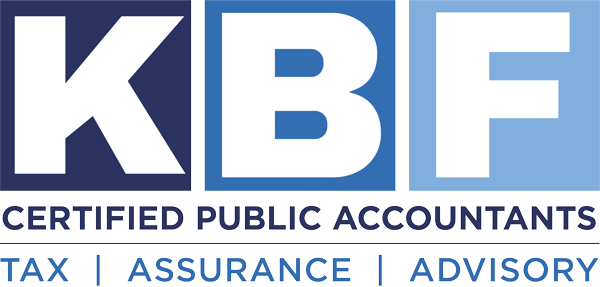San Francisco Voters Approve Increase in Gross Receipts Tax and New Tax on CEO Pay

On November 3, 2020, San Francisco voters approved two new tax measures impacting corporate taxpayers. Both measures were passed by voters with overwhelming majorities.
Proposition F, or the Business-Tax Overhaul, supported by 68% of voters, will be effective in 2021. The measure provides relief for small businesses by raising the exemption ceiling for both business registration fees and the gross receipts tax. The measure also eliminates the payroll expense tax and gradually increases gross receipts tax rates and administrative office tax rates for all business activities through 2024. While most businesses will see a gradual increase of approximately 40% over 4 years, other businesses, such as information services, biotechnology and financial services will see increases of up to 85%. The measure was sponsored by San Francisco’s Mayor and Board of Supervisors to help close the city’s $1.5 billion budget deficit, boost the economy, and recover jobs.
Proposition L, or the Overpaid CEO Tax, supported by 65% of voters, will be effective in 2022. The measure places an additional tax on businesses in San Francisco when their highest-paid managerial employee earns more than 100 times the median compensation paid to their employees. The “highest-paid managerial employee” group includes any employee regardless of where the employee works, while the “median compensation employees” are limited to those who work in San Francisco. The tax based on gross receipts ranges from 0.1% to 0.6% depending on the magnitude of the pay discrepancy. For taxpayers engaged in business as an administrative office, the tax based on payroll expense ranges from 0.4% to 2.4%. With the passing of Proposition L, San Francisco becomes the second city after Portland, Oregon to enact such a tax; however, the overwhelming support seen in San Francisco may mean that more cities will look toward CEO pay as a source of tax revenue in the future.
